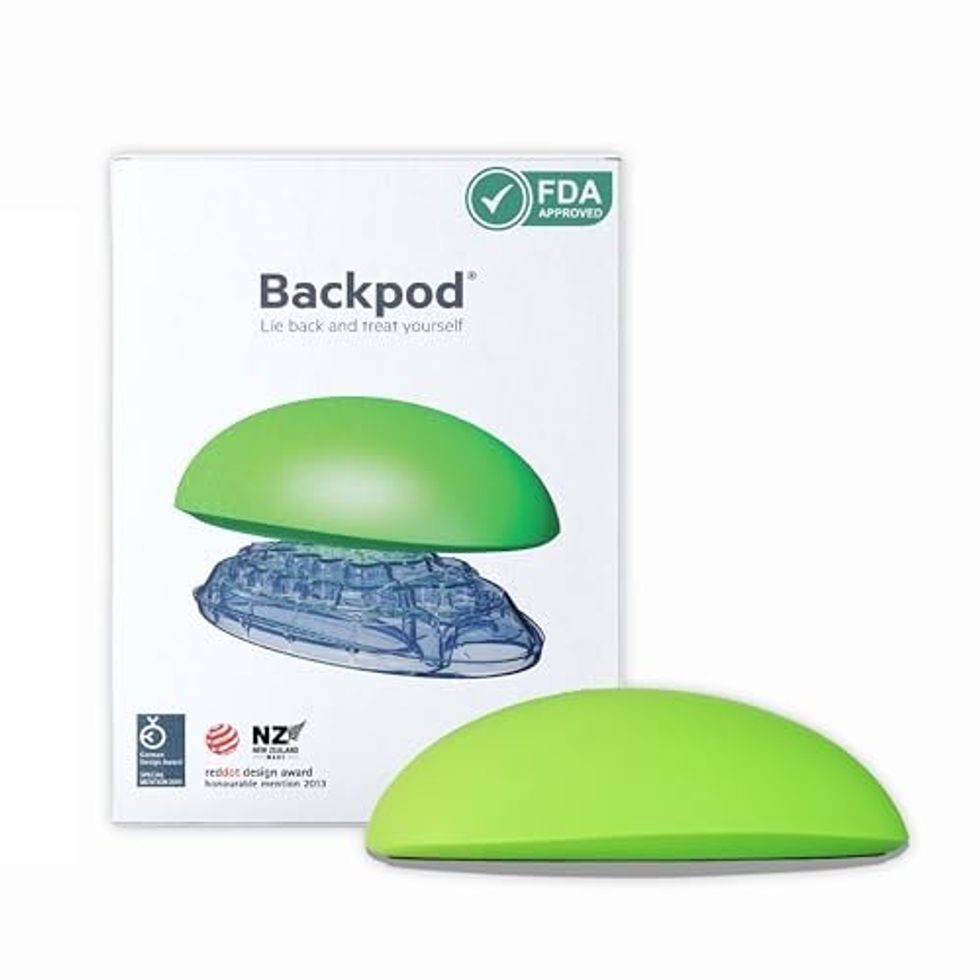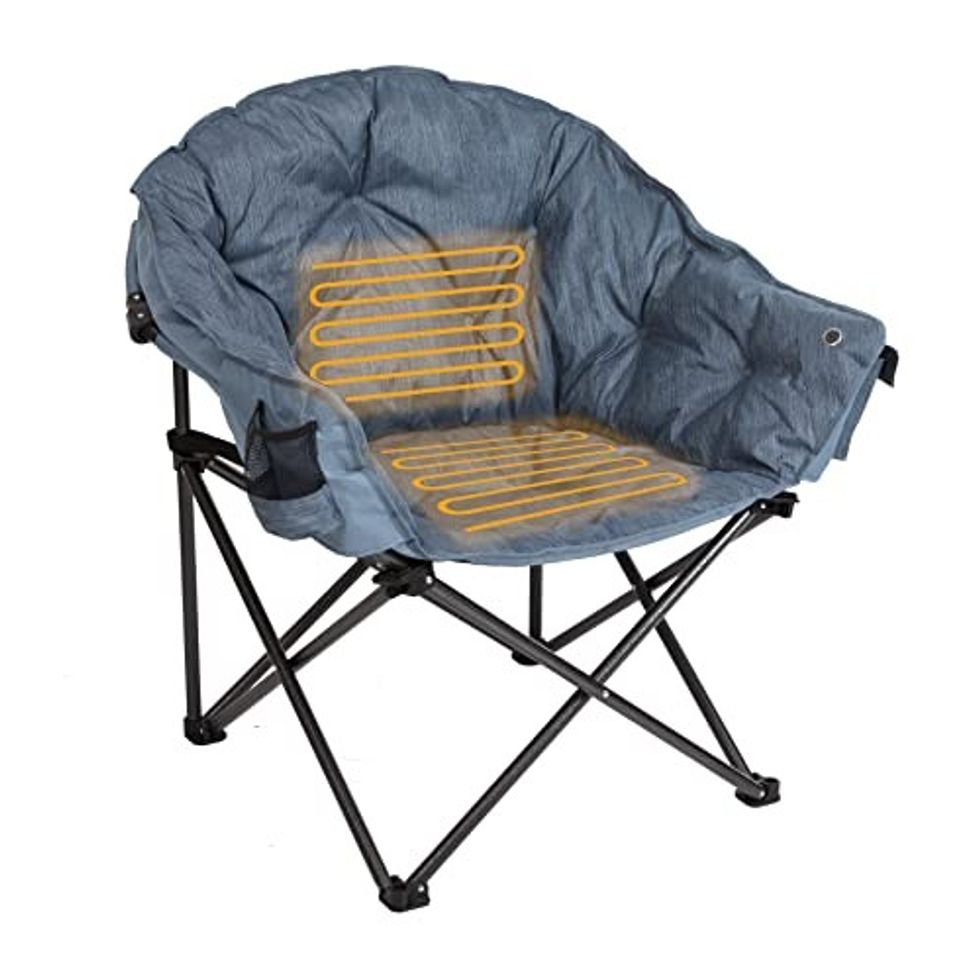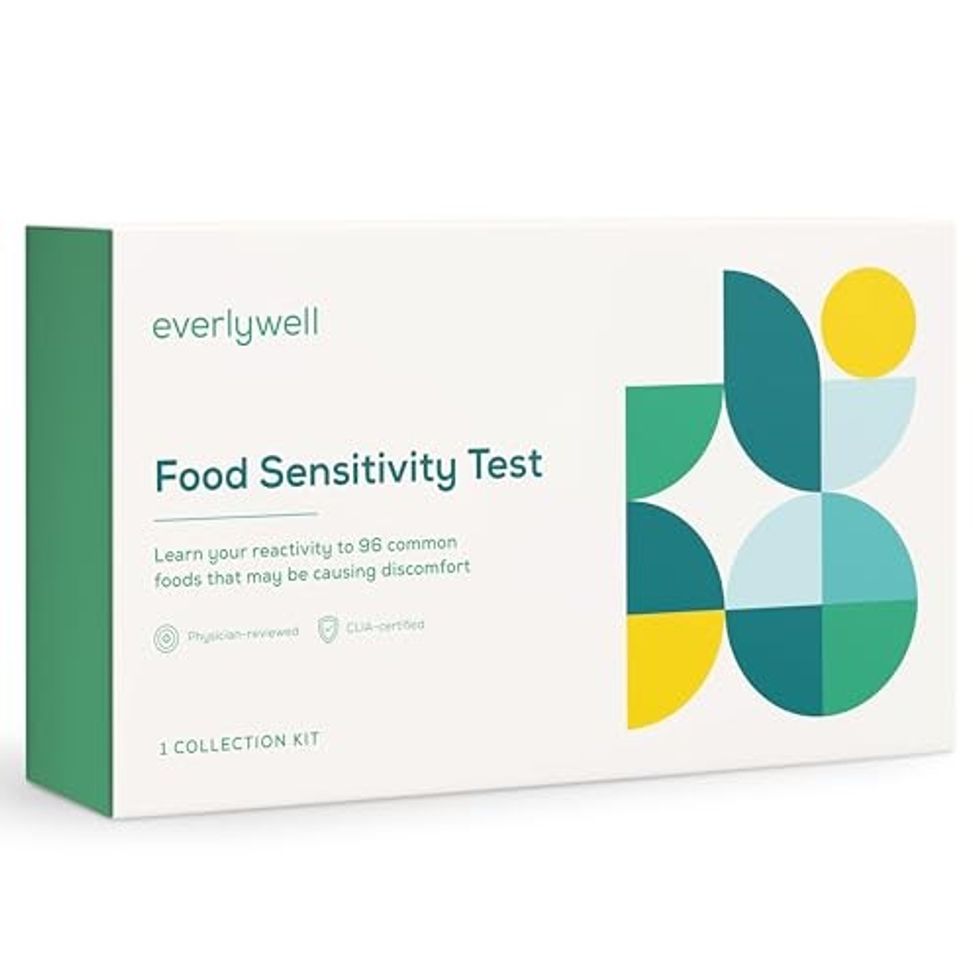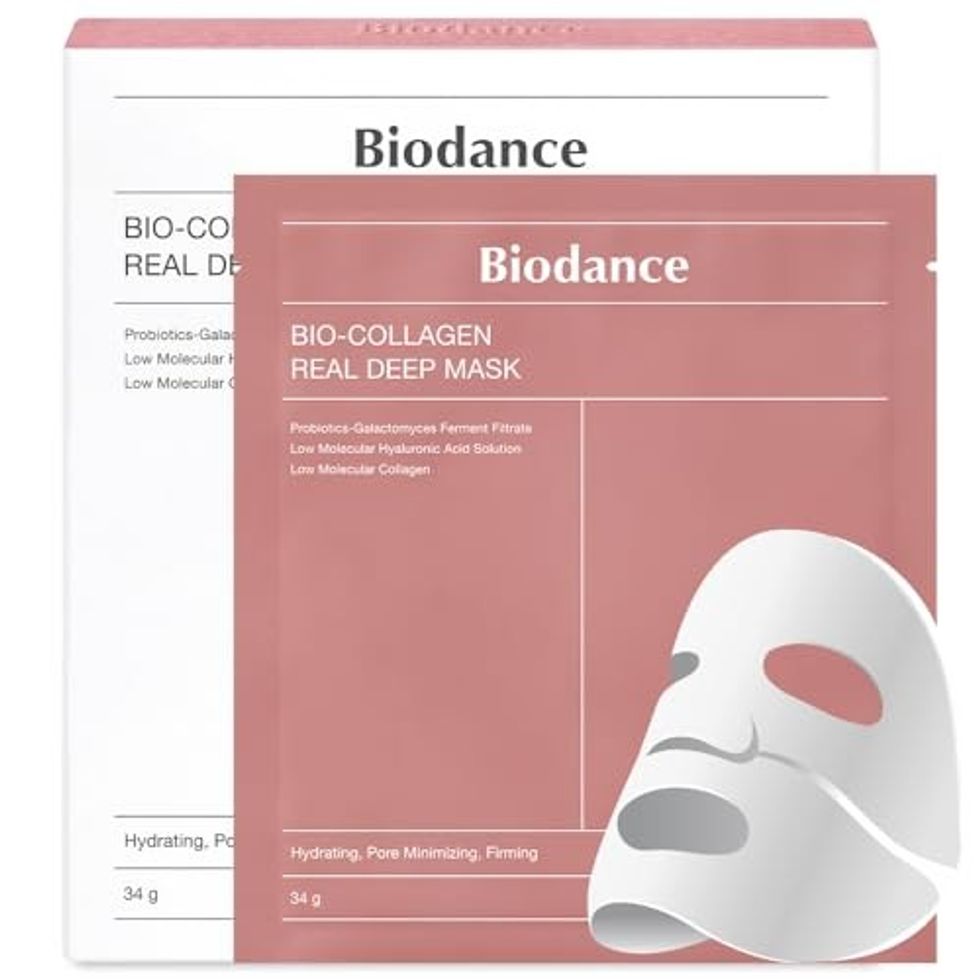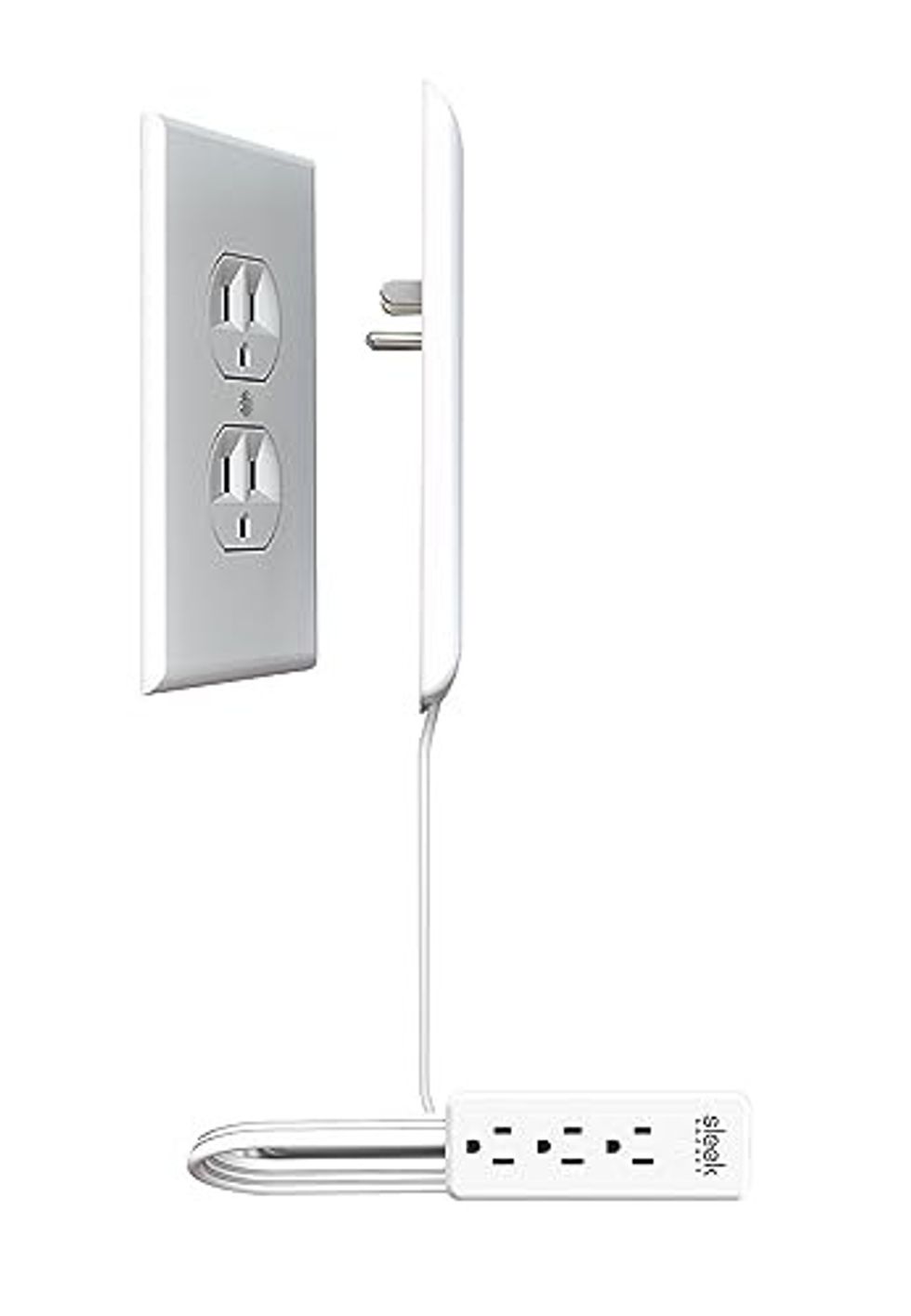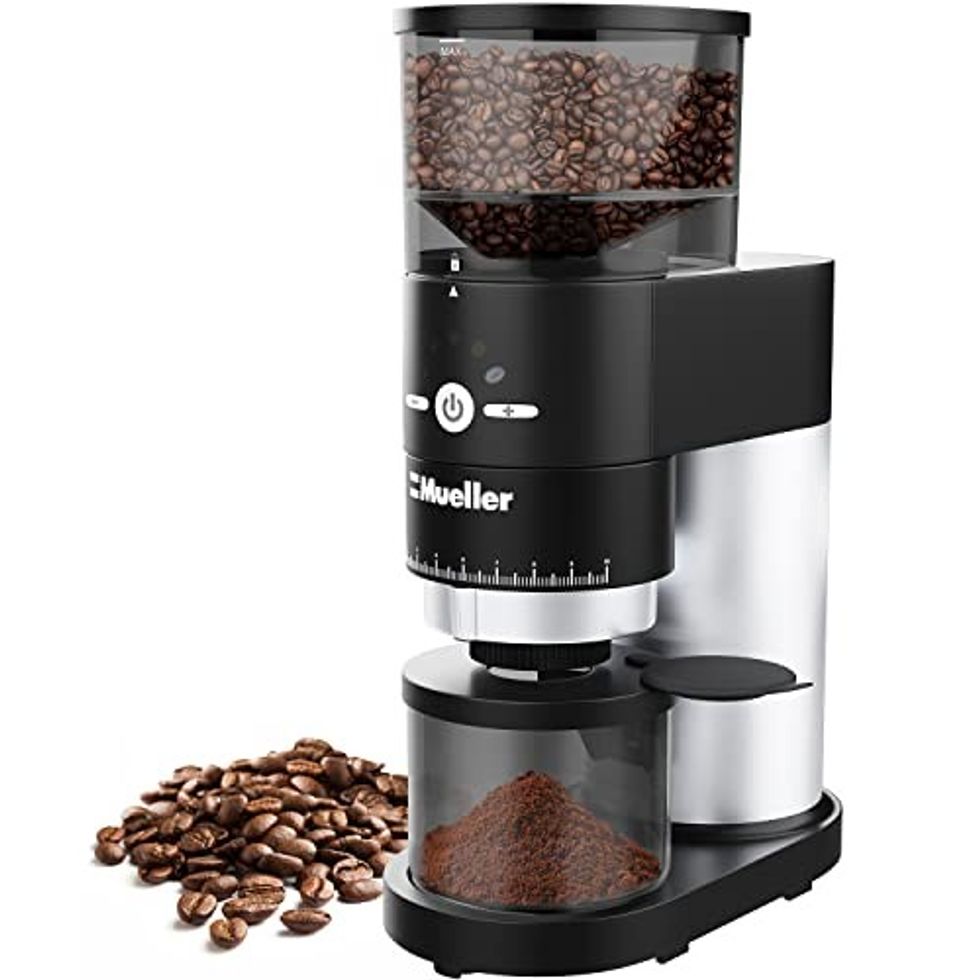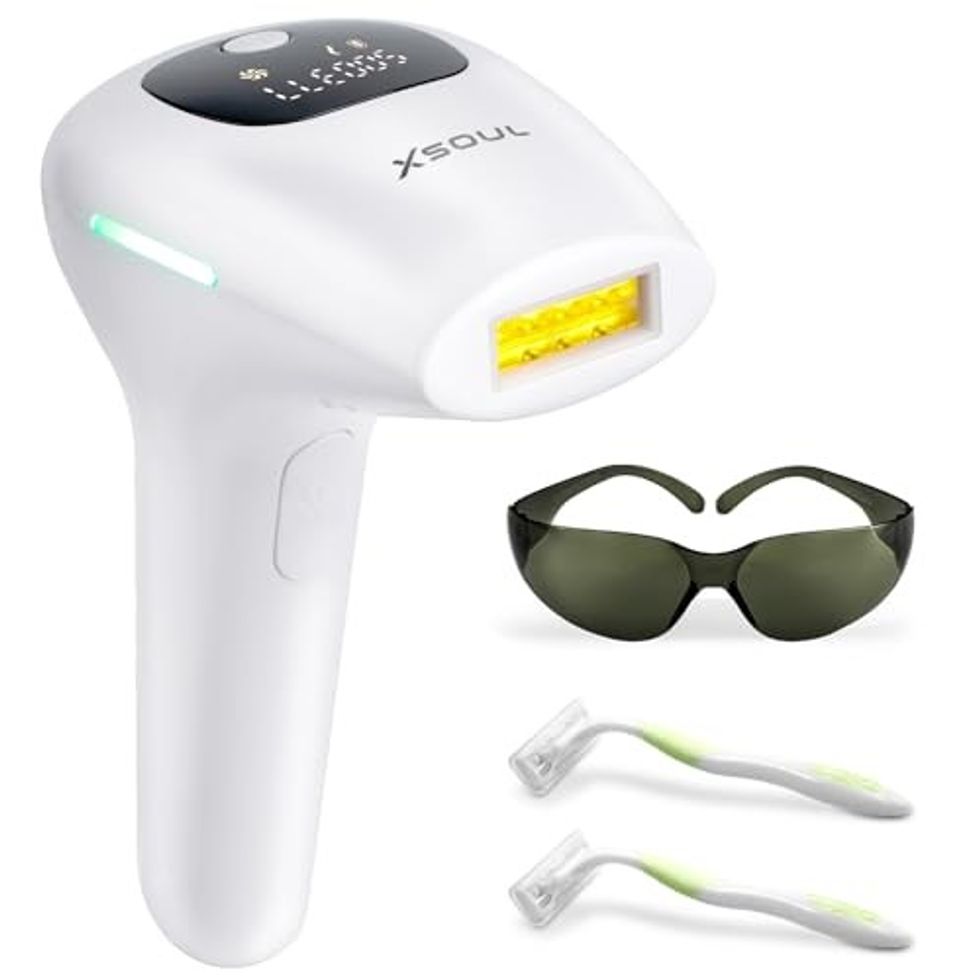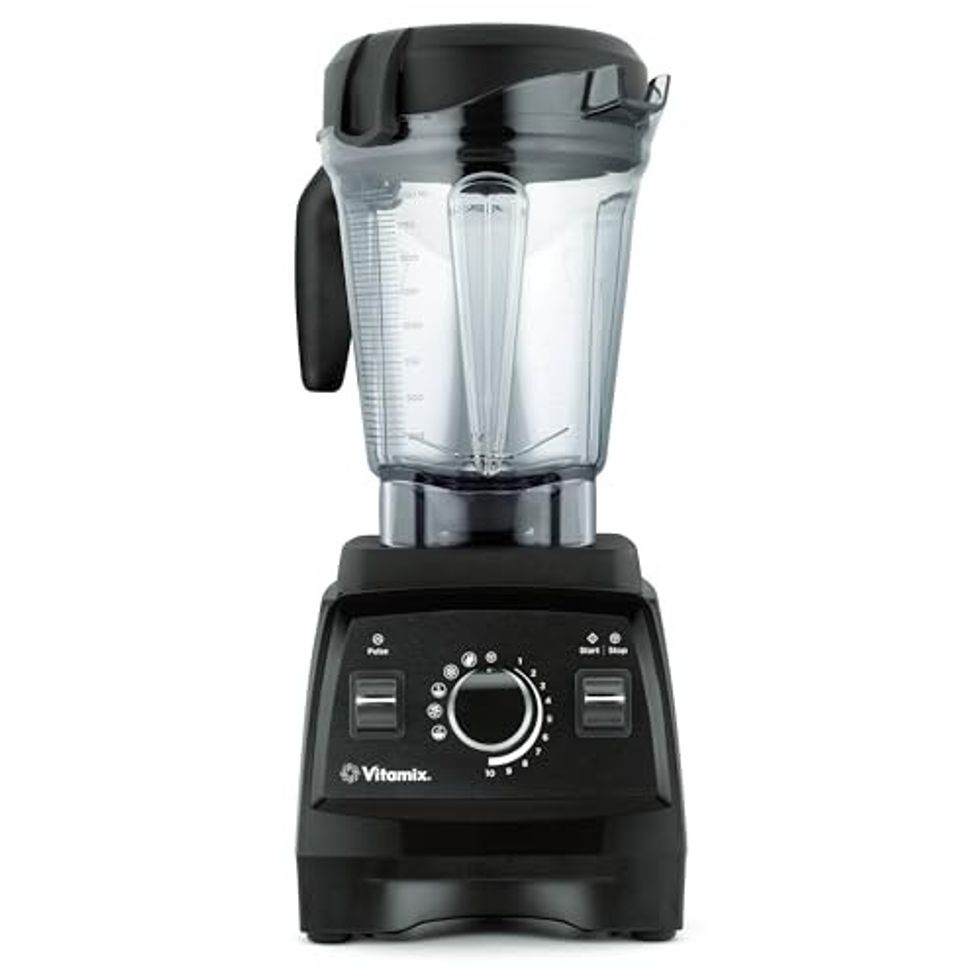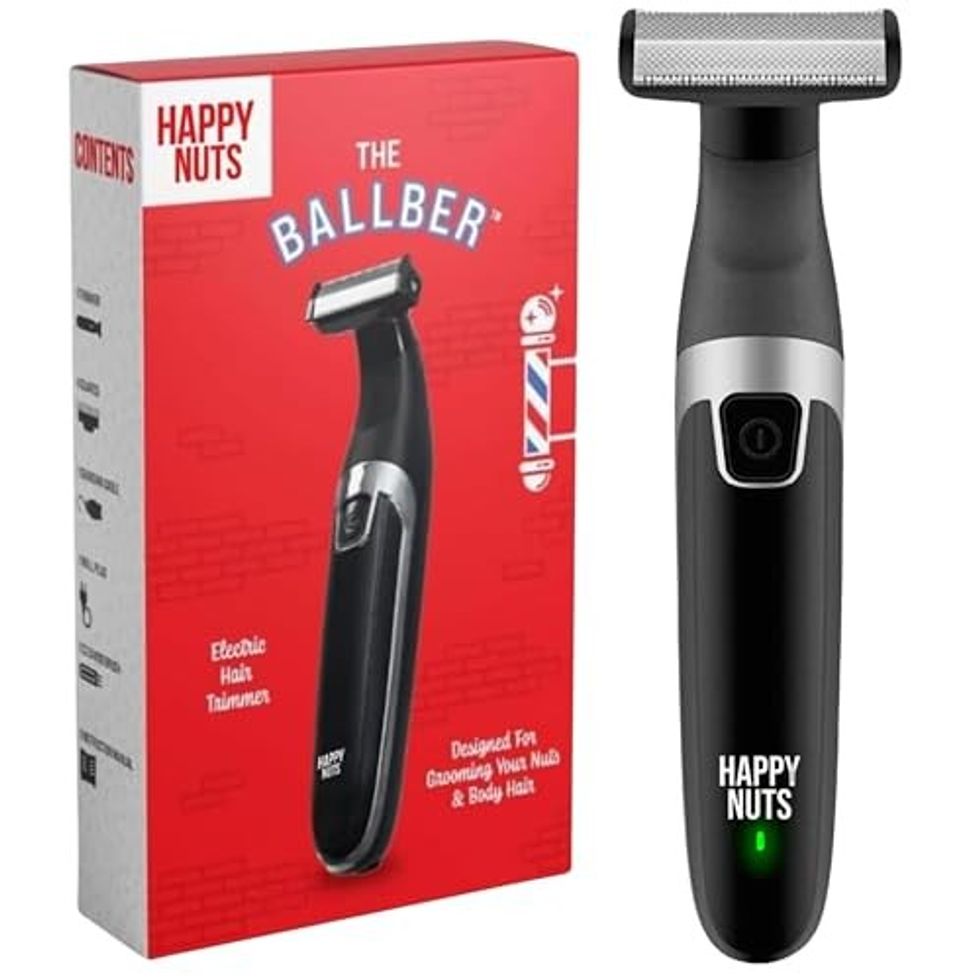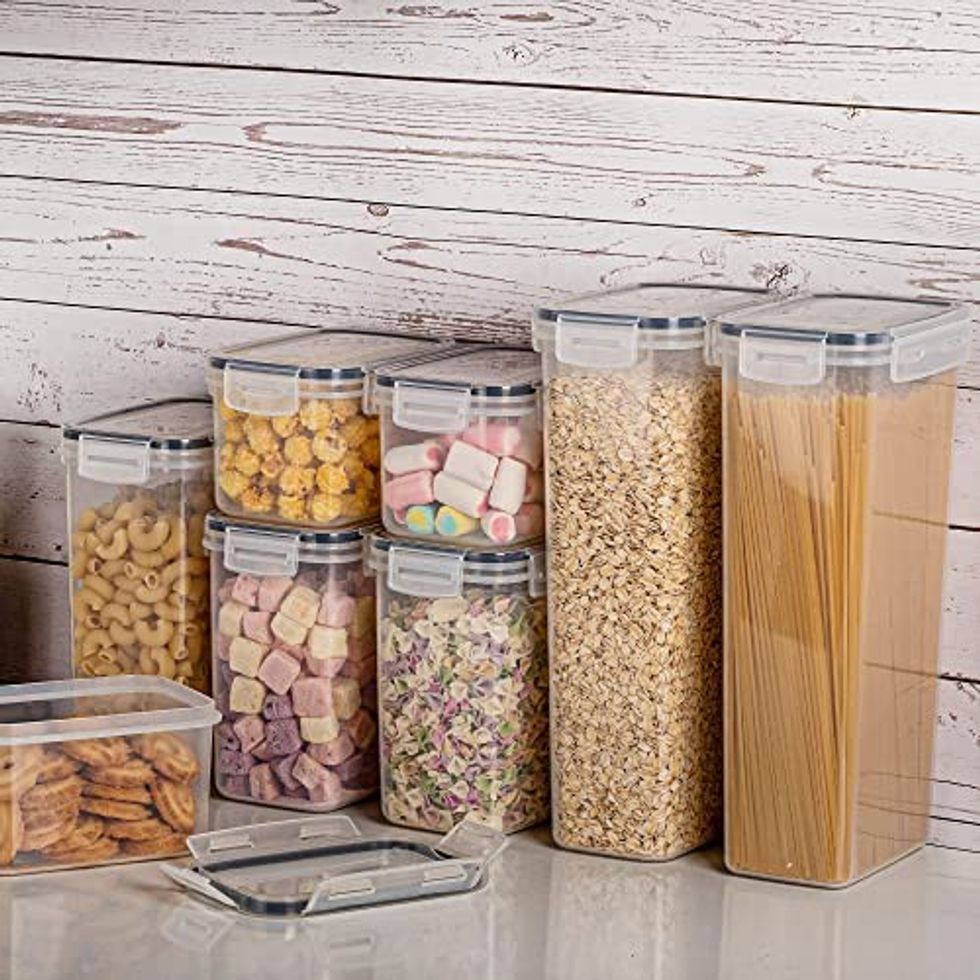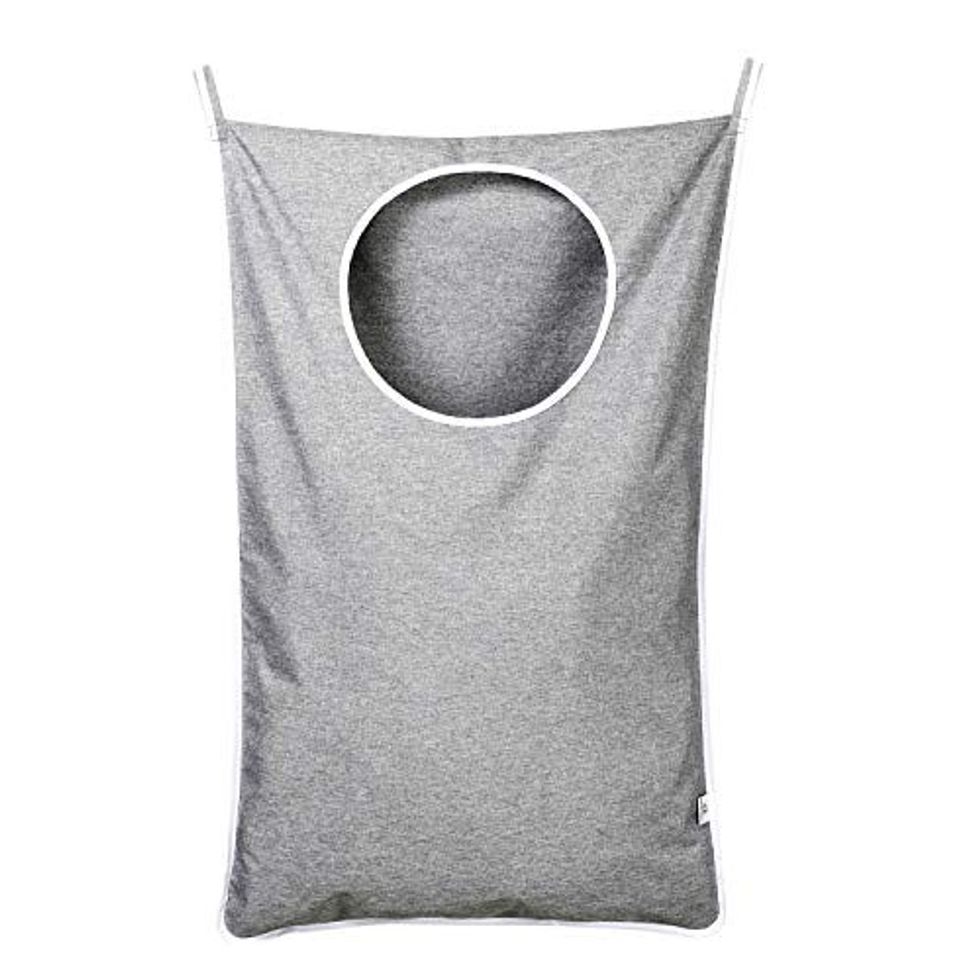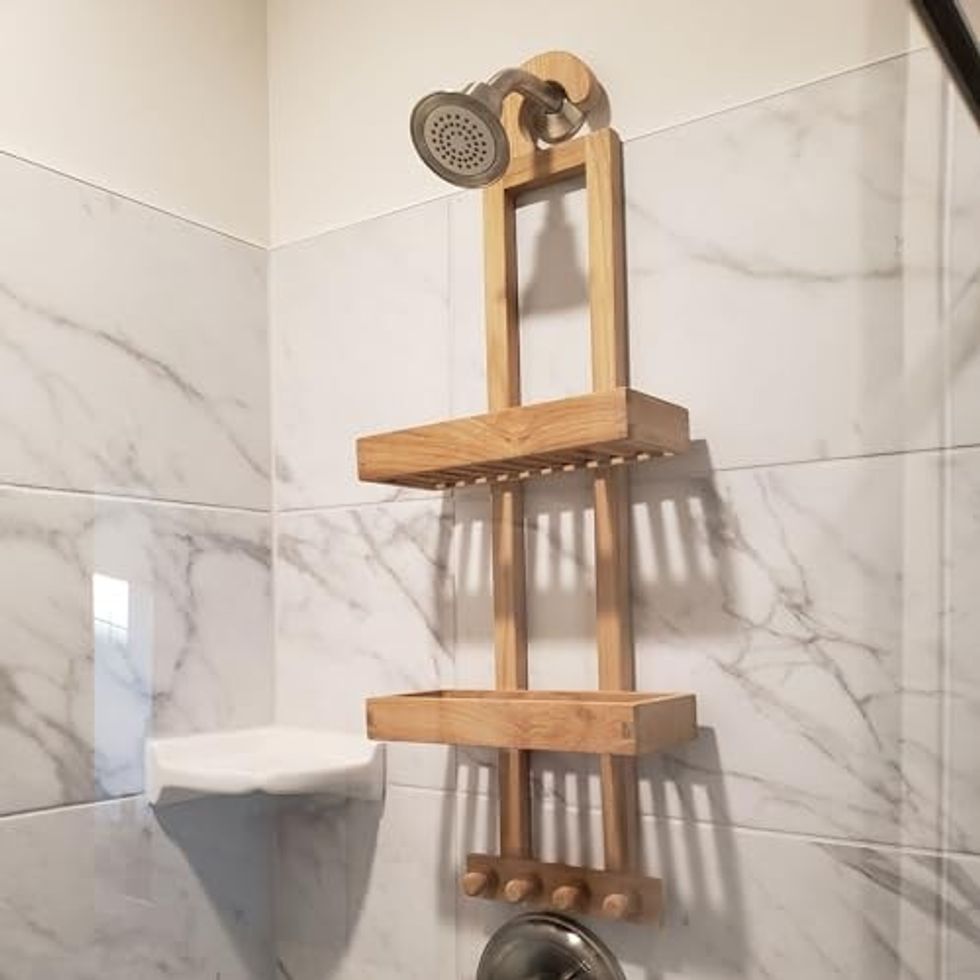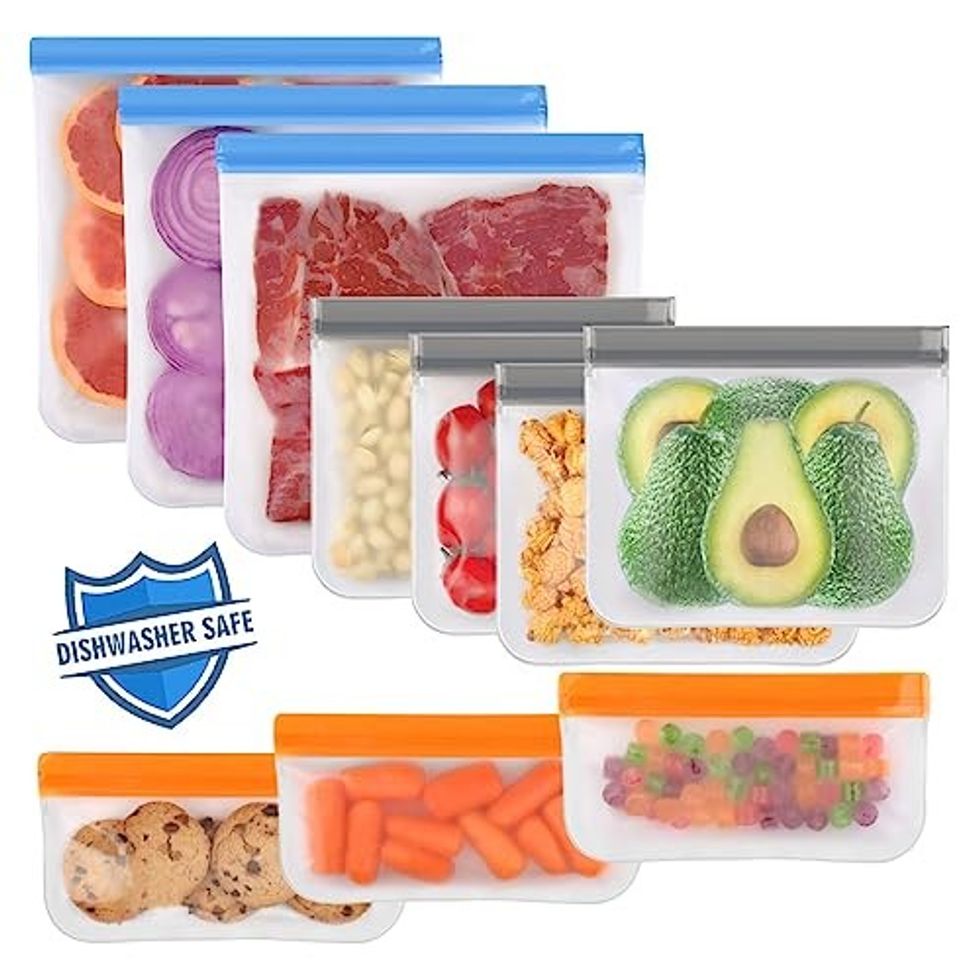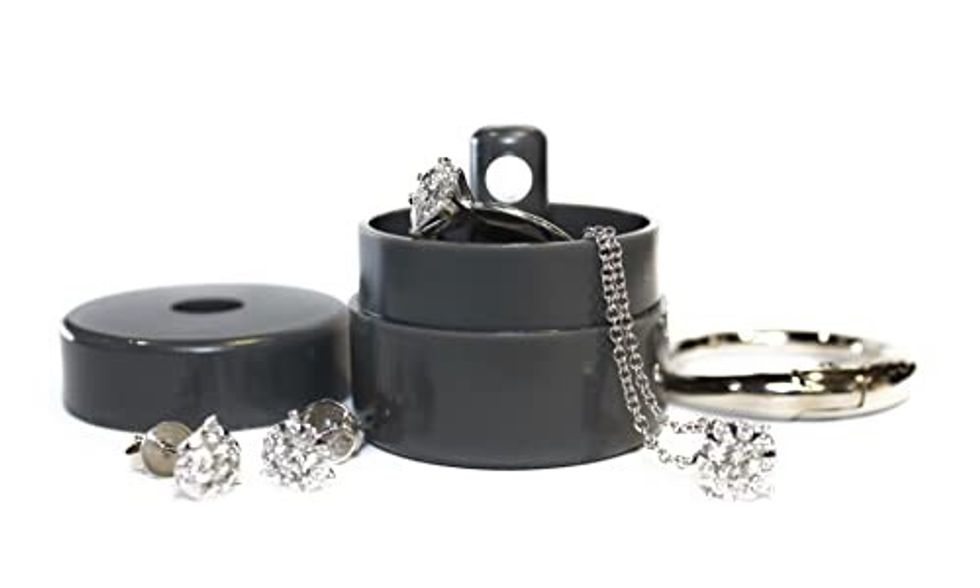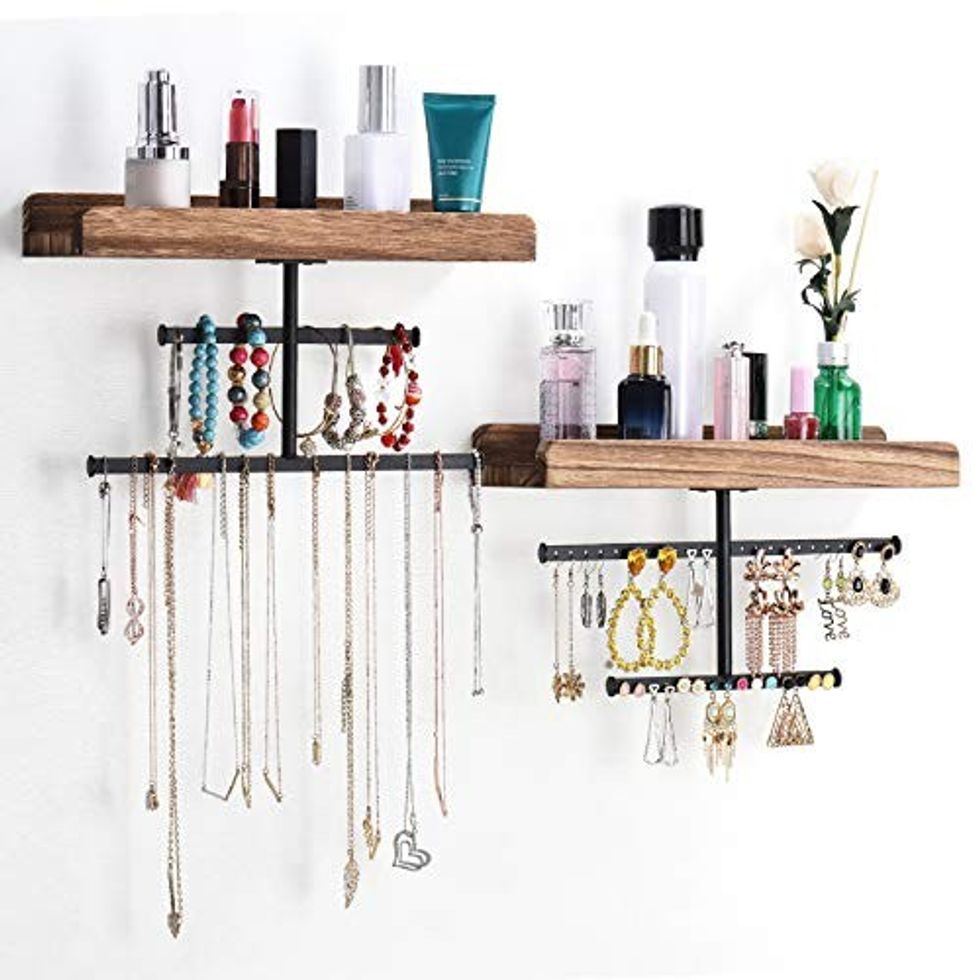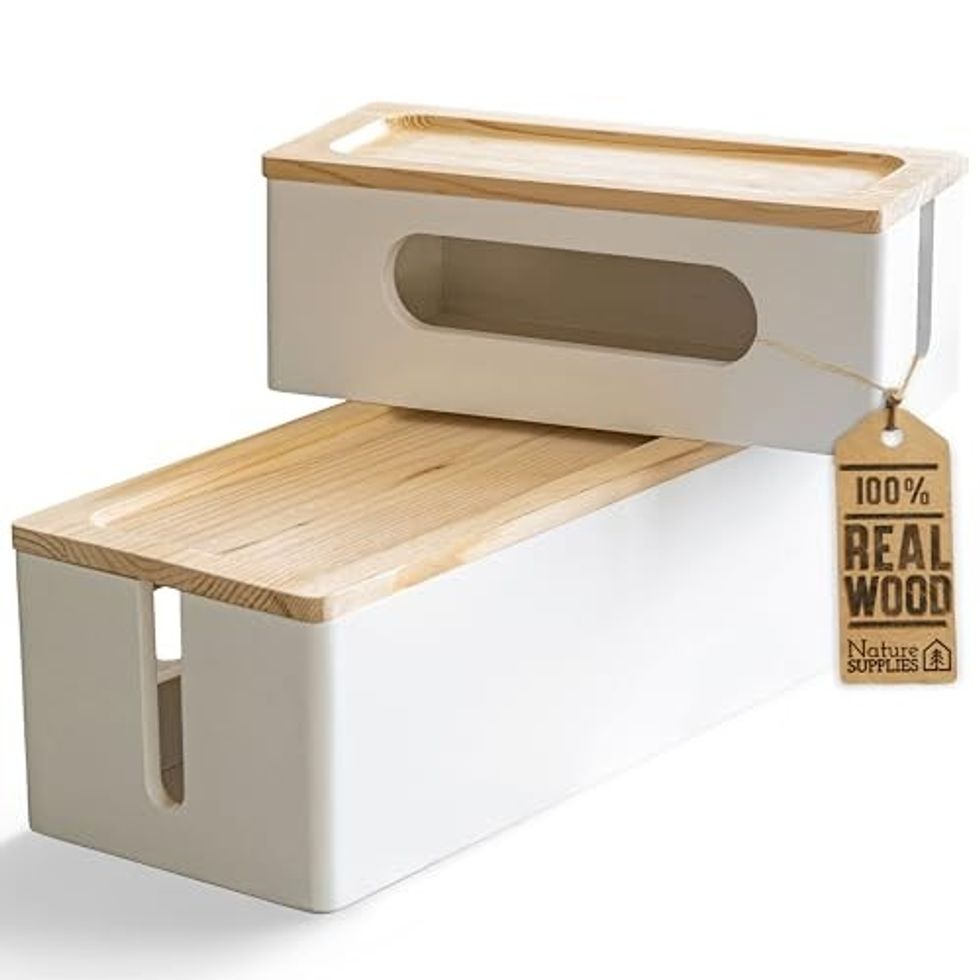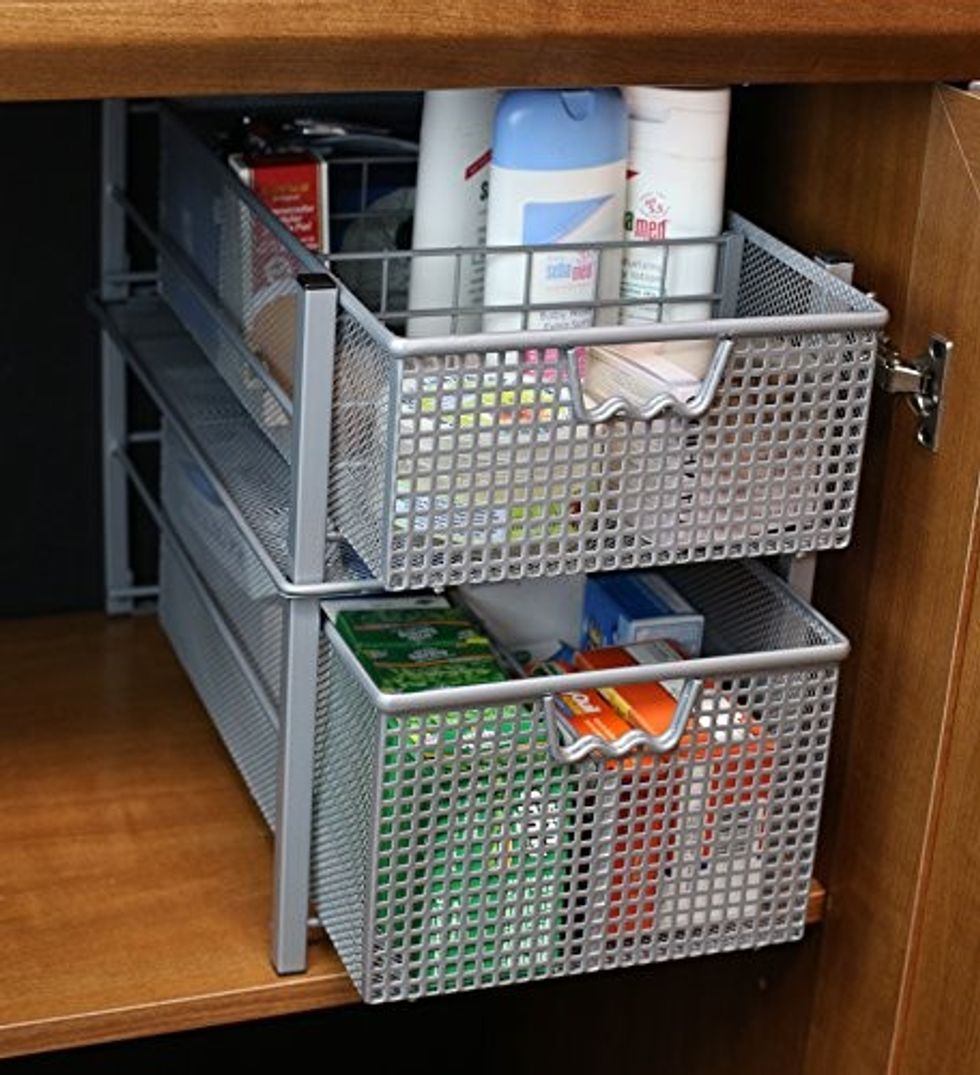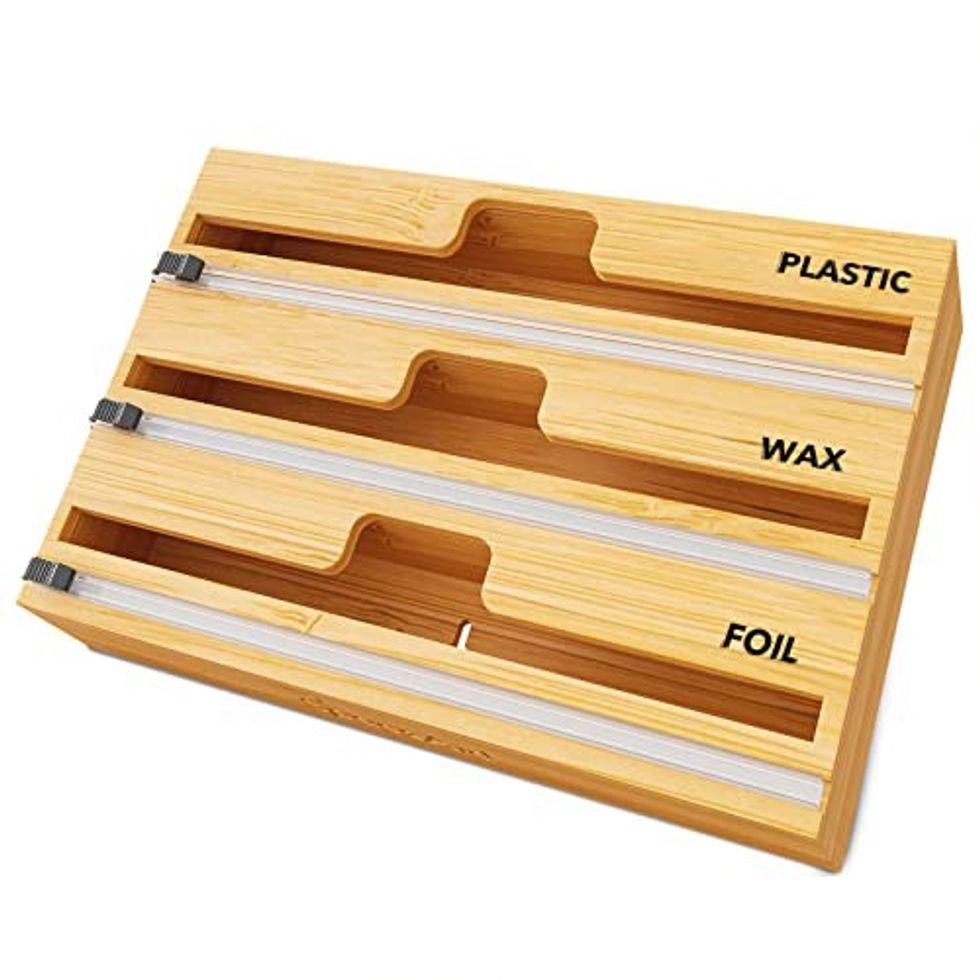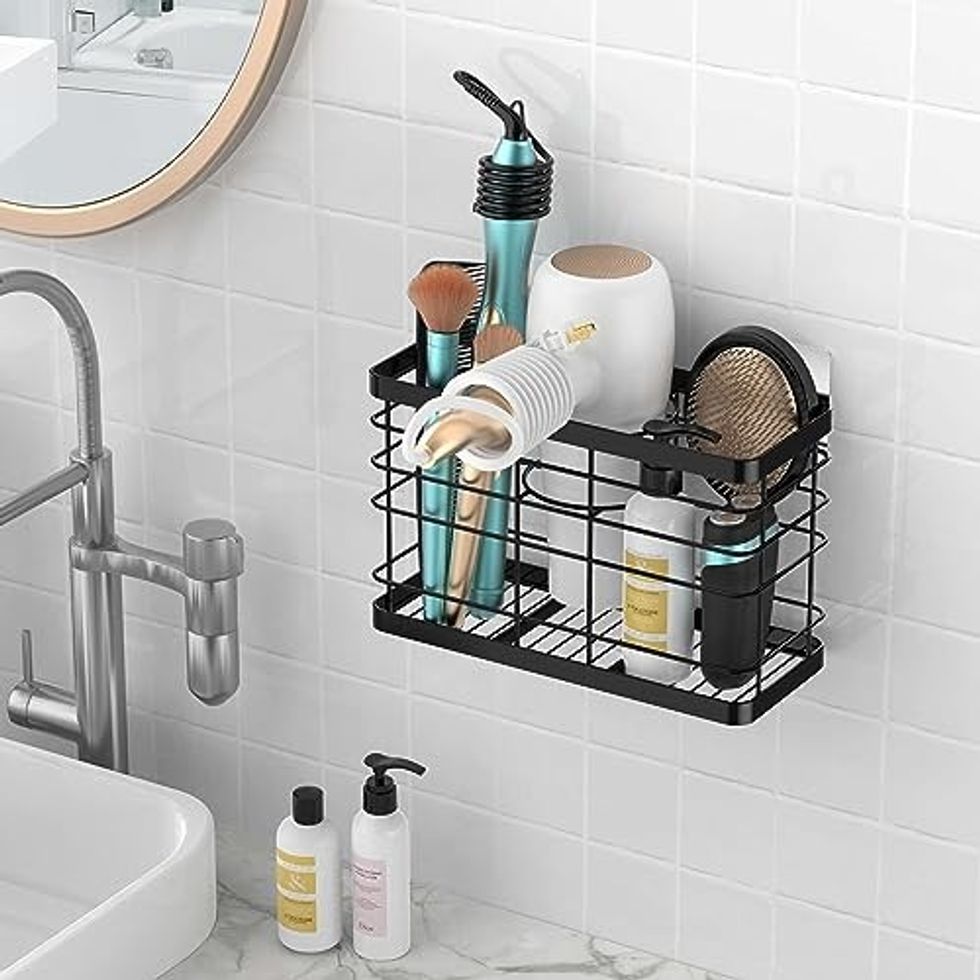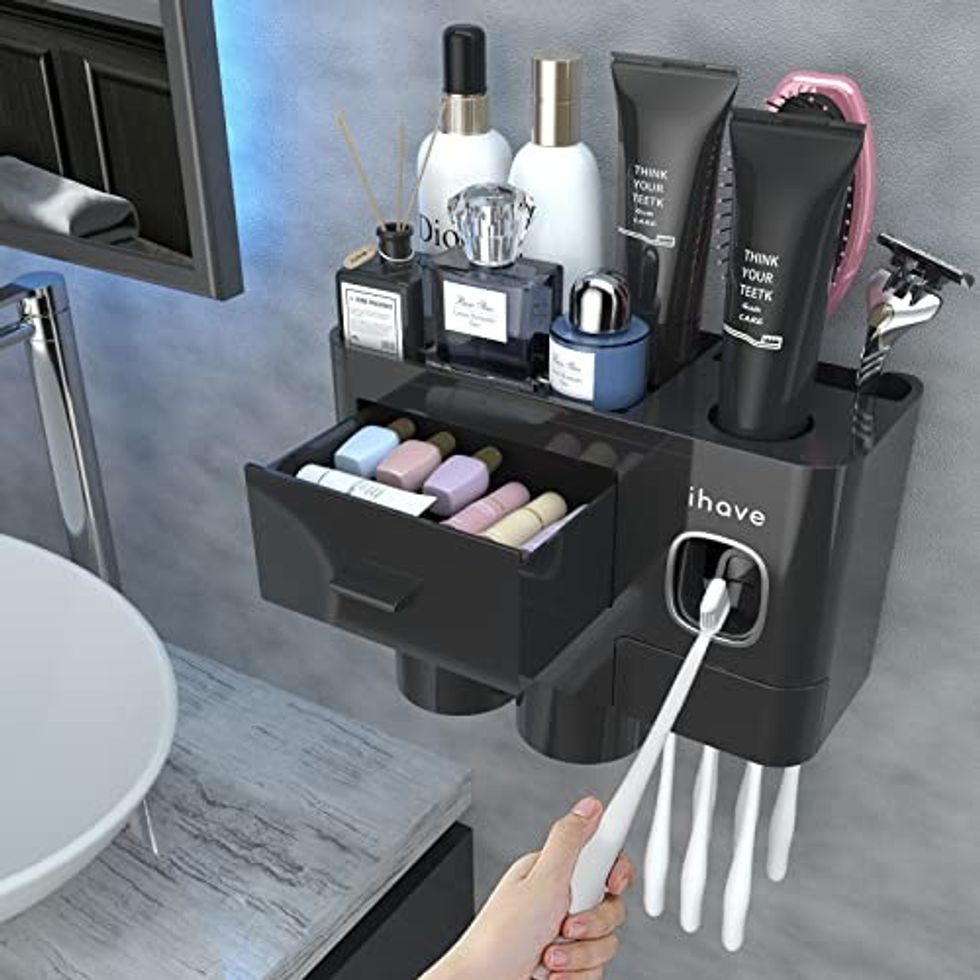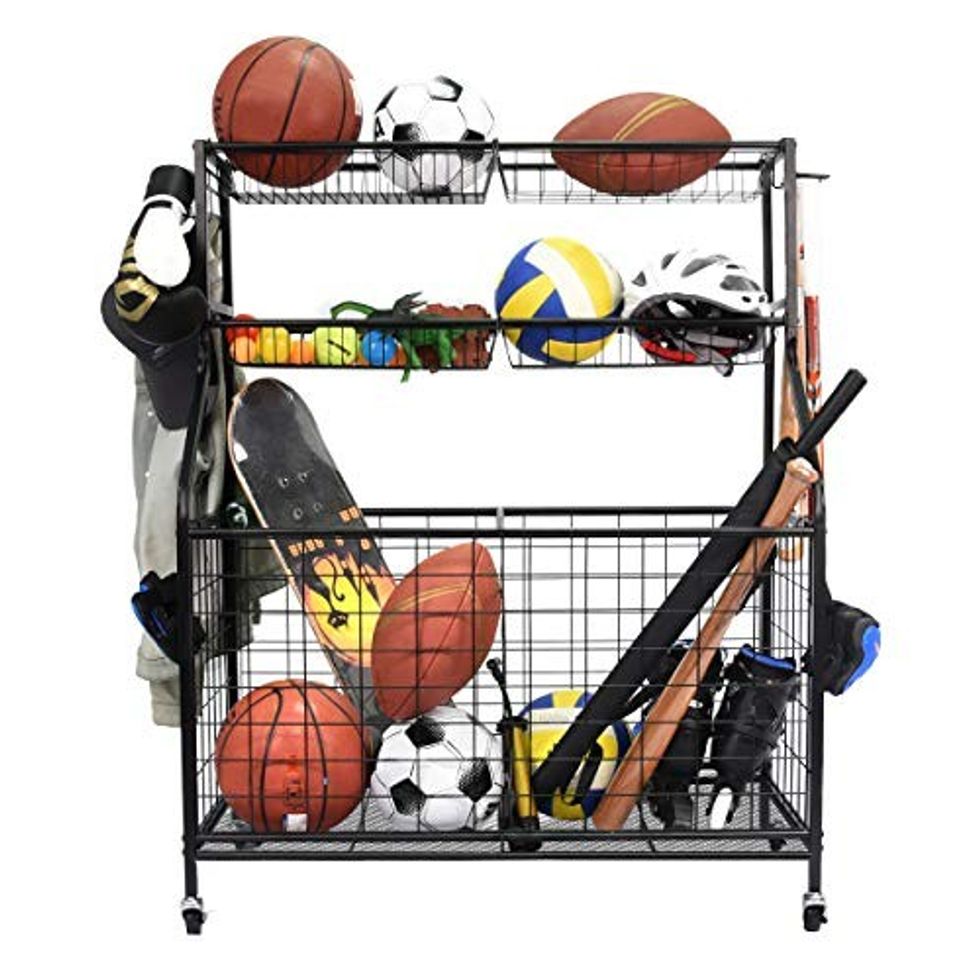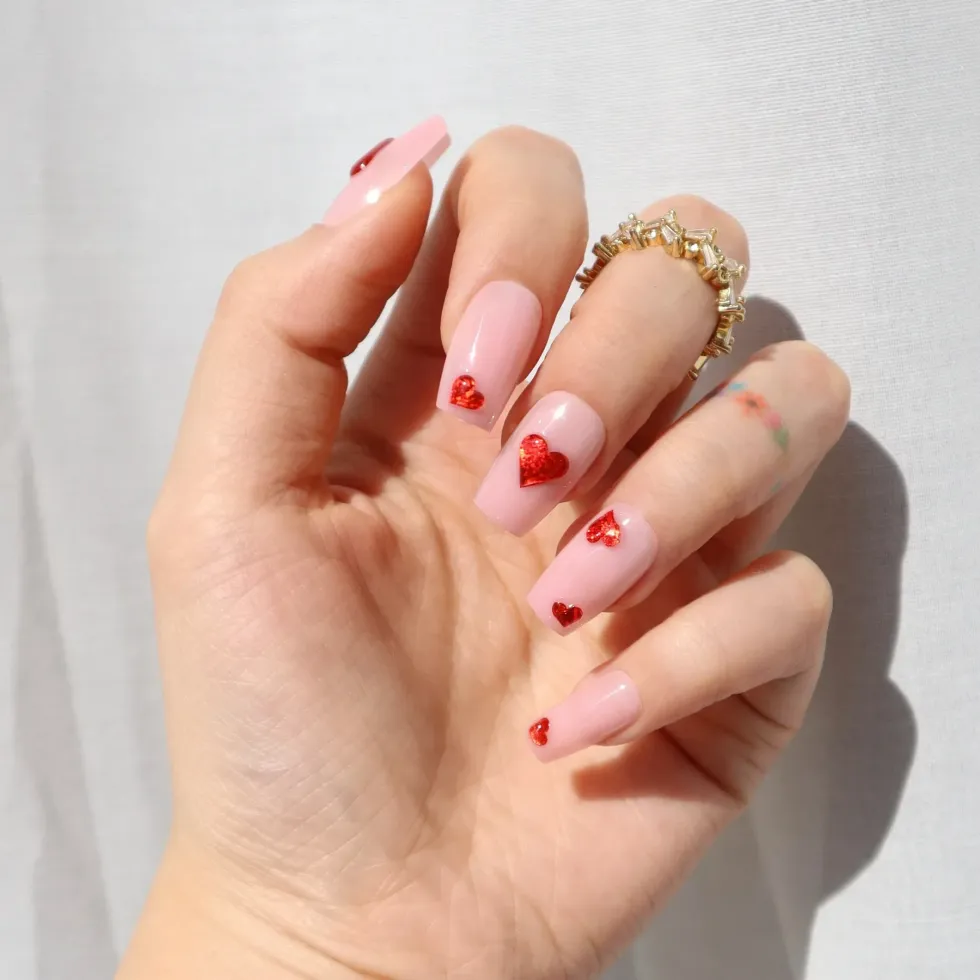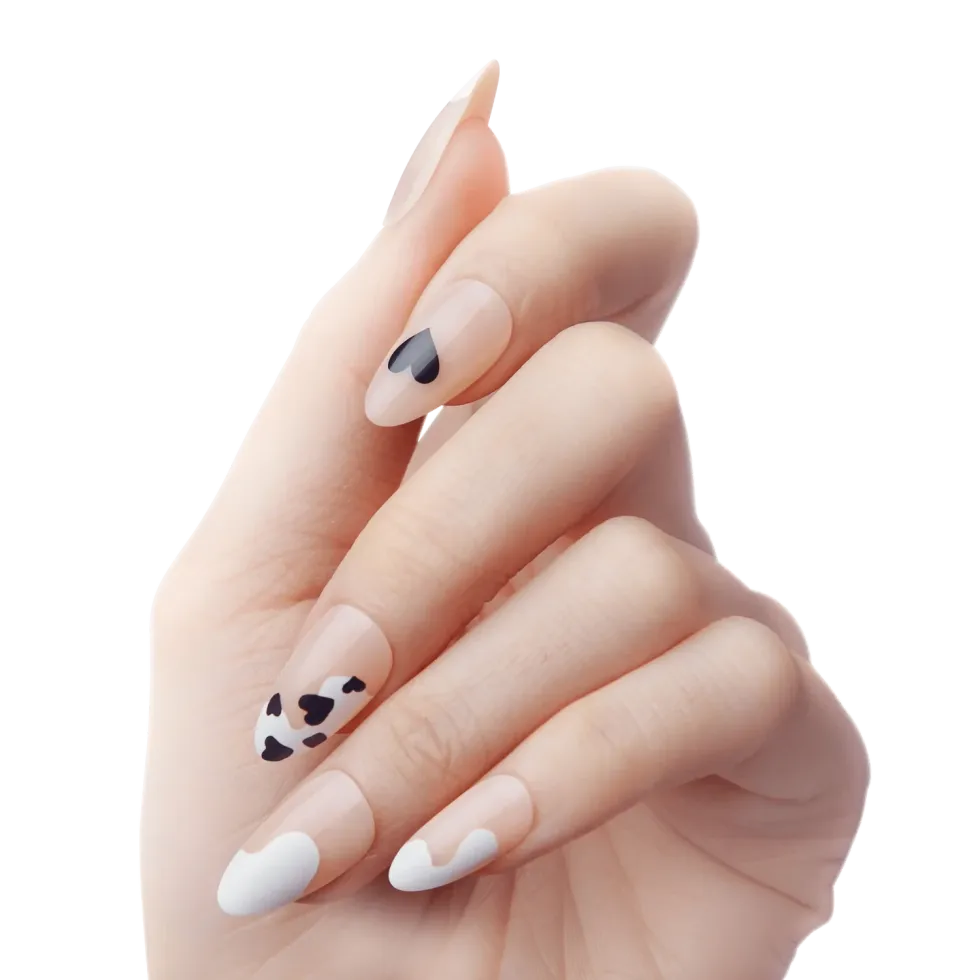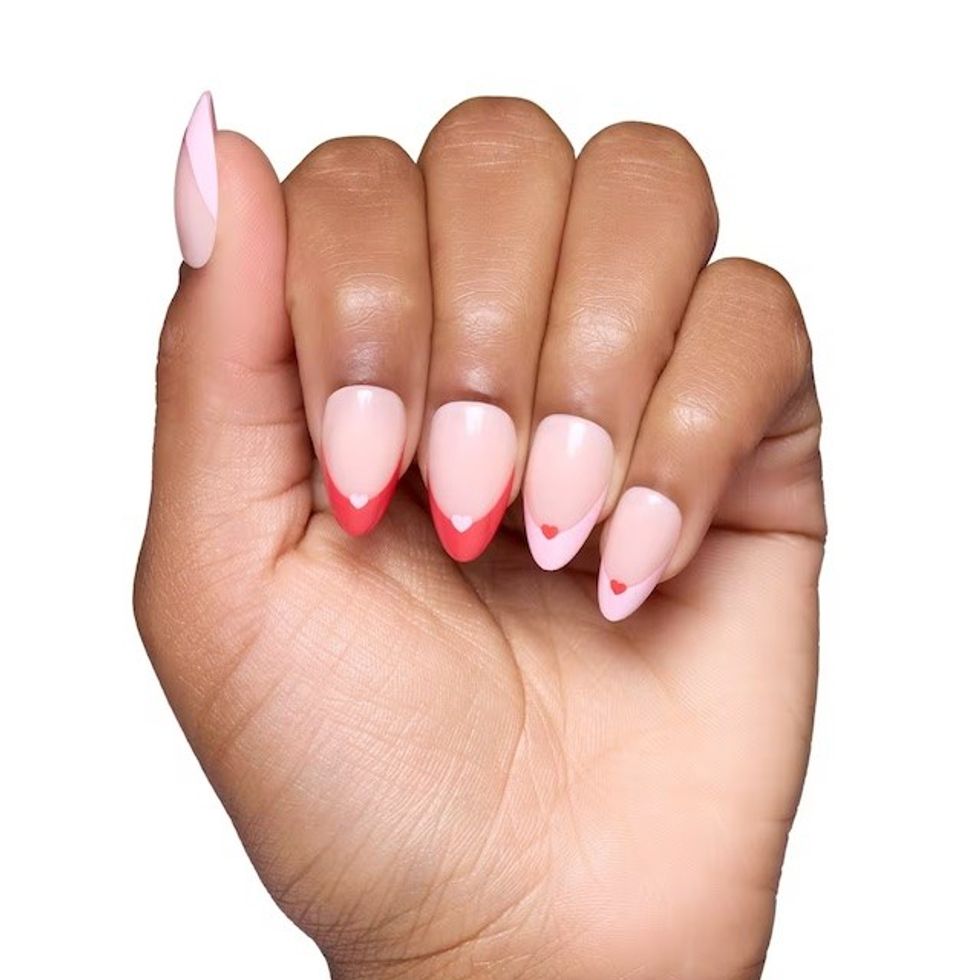Kids are watching, too. Here’s what to say.
How to Talk to Kids About Christine Blasey Ford and Brett Kavanaugh

Last week, Dr. Christine Blasey Ford and judge Brett Kavanaugh both gave testimony to the Senate Committee on the Judiciary regarding a sexual assault Blasey Ford alleges Kavanaugh committed against her in high school. Not only are adults struggling to cope with and understand the attacks on Blasey Ford for coming forward, but kids, too, are impacted by current events, and it’s important to know how to talk to them about it.
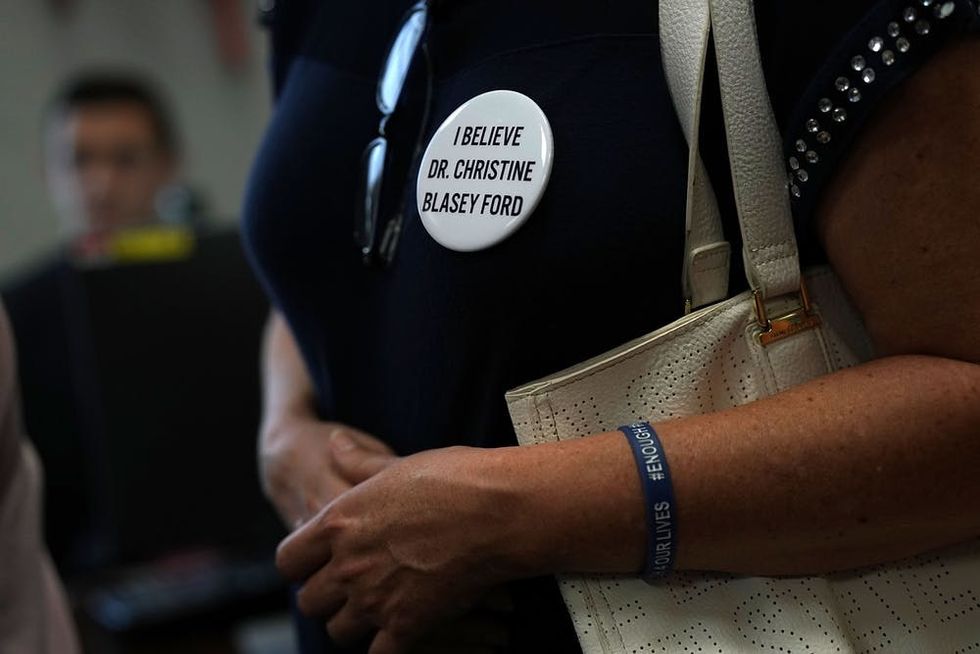
“Children and young adults may be very confused by the reports in the news, particularly around issues of consent and substance use,” Simone Lambert, President of the American Counseling Association, tells Brit + Co. And it’s safe to assume the average kid is seeing at least something about this in the news.
As most parents, teachers, and anyone else who takes care of young people already know, kids today can be just as plugged in to the news as their older counterparts. According to a 2017 survey conducted by Common Sense Media, a nonprofit organization that advocates for better media literacy for youth, half of kids ages 10 to 18 said they value the news.
Not only is the news important to many young people, but kids also already have a keen sense for gender and race bias in the news. Like adults, they have the ability to sniff out when the press is being unfair to people because of their gender or race. Revealingly, the survey found that only one-third of kids surveyed felt the media treats men and women with equal fairness.
That means there’s a good chance that kids are already aware that while many are applauding Blasey Ford for her courage, she is being treated unfairly by countless others who are accusing her of lying (and even saying she’s part of an CIA conspiracy). Though the youth have a good idea of what’s up, it’s still important to talk to them about the ways they feel impacted by the news, given that all of these issues have an effect on their lives, too.
After all, the attack Blasey Ford alleges took place while she was a teenager in high school, and sadly it is not uncommon for minors to be the victims of sexual assault. According to the National Sexual Violence Resource Center, “one in four girls and one in six boys will be sexually abused before they turn 18 years old.” Students who go on to college, especially young women, are likely to experience or encounter sexual assault as well: 20 percent to a quarter of women in college experience rape, as do 15 percent of men, the NSVRC says.
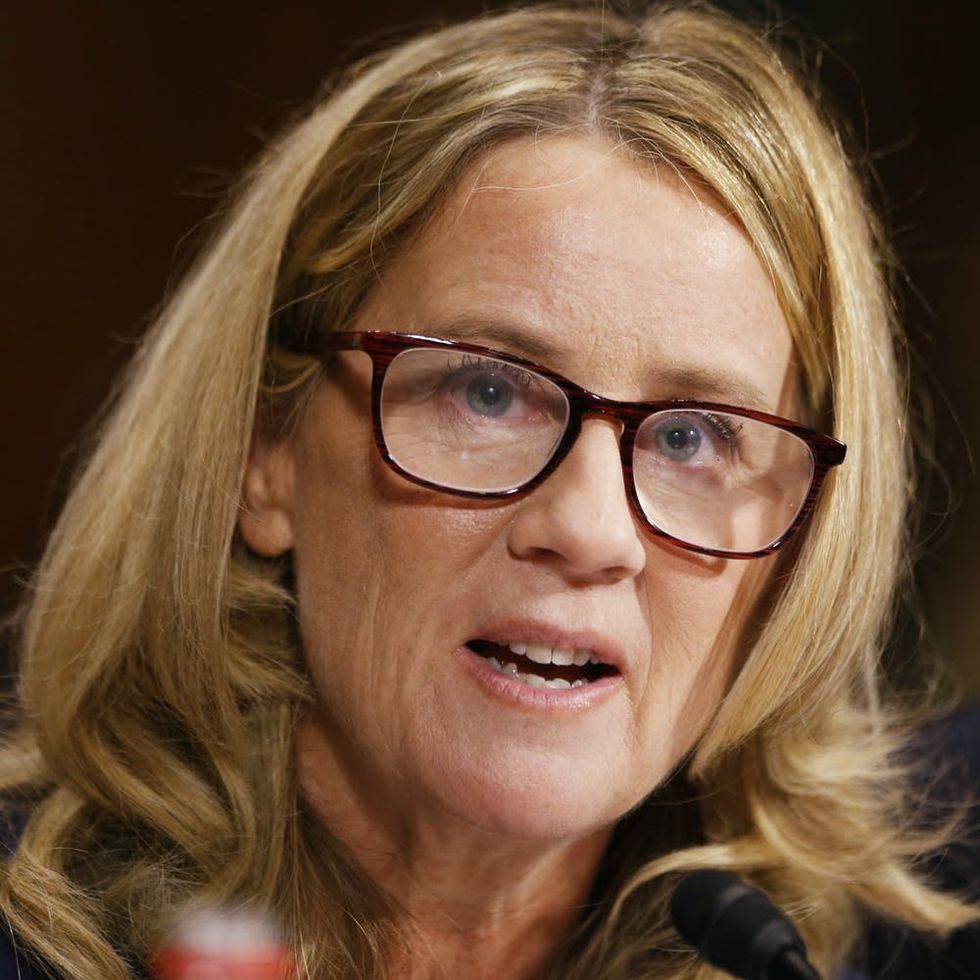
Lambert points to the huge uptick in calls to sexual abuse hotlines after Kavanaugh’s testimony last week as an indicator that the ordeal has been triggering for survivors of sexual violence, both adults and kids. “[C]hildren and adults who have personally experienced such trauma may re-experience such events,” she tells us, “leading to flashbacks, increased anxiety or depression, and potential impairment with daily functioning.”
For parents and guardians, this is likely to be a huge concern, and while it can be challenging to discuss such grave issues with kids, opening up the lines of communication is imperative. According to Lambert, these conversations can start when kids are still quite young, and should be an ongoing dialogue where young people are not judged or ridiculed for their feelings or experiences, and know they will have support from the adults in their lives when they need it.
Compounding the complexities and difficulties of the Blasey Ford allegations is the fact that top dogs in government, including the president, have ridiculed, mocked, and publicly disbelieved her claims about sexual assault, which only discourages survivors from coming forward.
In a statement released Thursday after President Trump derided Blasey Ford at a rally on Tuesday night, the Washington Coalition of Sexual Assault Programs explained why the very public derision of Blasey Ford as a survivor is so harmful for young people, especially.
“Each day, each victim blaming and minimizing statement we hear from those in power continues to illustrate why survivors do not report and confirm to a generation of young people it is not safe to tell and they will not be believed should someone assault them,” the statement reads.
This means parents and guardians need to keep lines of communication open not only to give their kids healthy outlets to discuss and process events like Blasey Ford’s testimony and the fallout, but also relevant issues such as sexual consent and sexual violence.
Lambert again emphasizes the importance of having “conversations with children early and often about how to maintain their safety and well-being.” She adds that “parents need to talk to their children about respecting others by not violating another person’s rights. No means no.” Of course, these conversations can be painful and complex for adults, too, so Lambert suggests speaking with a pediatrician, school counselors, and other professionals who are familiar with all the nuances of these issues and how to safely handle them.
What do you think? Tell us on Twitter @BritandCo.
(Images via Alex Wong + Michael Reynolds-Pool/Getty Images)


























